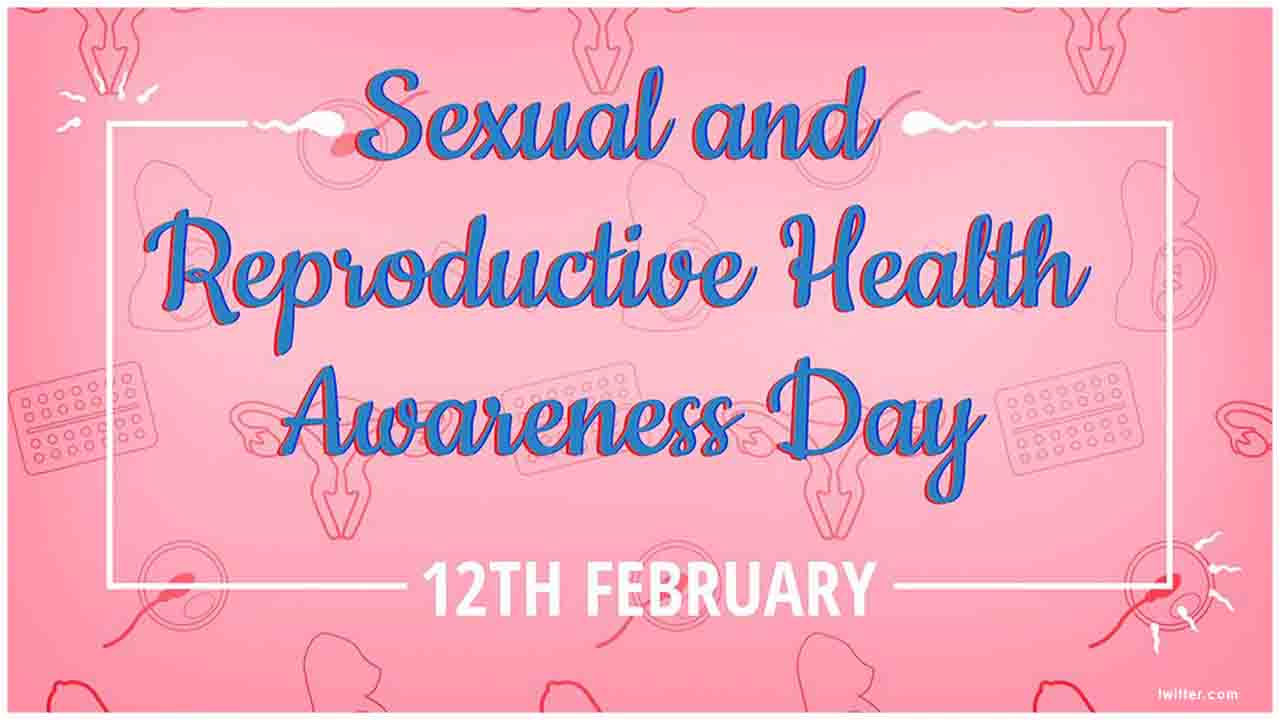February is popularly considered the month of couples because of the famous Valentine’s Day. Not many are aware that there is one more day in February which is significant. It’s the Sexual and Reproductive Health Awareness Day. Adult, as well as adolescent males and females, should be made aware of practices that promote good sexual and reproductive health through educational insitutions and community outreach groups. This special day targets to spread awareness particularly amongst the youth, people who are lesser educated, people living in the rural areas and belonging to the poor strata of our society.
Why Sexual and Reproductive Health Awareness Day [SRH]
It is very important to raise awareness about the physical, mental, emotional, and social well-being of people in the realm of sexuality. There is information boom about intimacy but there is still a need of knowing effective, affordable, safe contraception options for couples. Unsafe abortions, unintended pregnancies, and diseases like HIV/AIDS are still prevalent. The main goals of SRH are:
Promoting Happy Puberty – Adolescents are at a very impressionable age and prone to causing harm to themselves in the name of curiosity about sex. In this transition phase from childhood to adulthood, they face many physical and psychological dilemmas that they might not be comfortable discussing with anyone. SRH aims to make correct knowledge available to people of this tender age and make their puberty a happy and informed one.
Availability of Modern Contraception and Family Planning – Young or uneducated females should be aware of and have access to information and measures to escape unwanted pregnancies. They should be aware of contraception so that they can take care of themselves by avoiding unintended pregnancies and unsafe sex. Similarly, people especially of the poor strata or those living in rural areas are not able to adopt birth control measures to limit their families and make their financial condition worse by having more children than they can afford to have. SRH aims to educate these strata of society about family planning.
Tackling problems of Premarital Sexual life - Pre-martial sexual life is not always consensual and romantic. Some have to conform to it non-consensually too. Even when it is consensual, it is promiscuous; with multiple partners. There are many risks prevalent due to this that needs to be addressed.
Awareness related to pregnancy and abortion – Females of the target group of SRH are at risk of unwanted pregnancy and unsafe abortions in lack of knowledge. Awareness can help them to stop putting their lives at risk and ensure both maternal and newborn health and escape deaths related to unsafe reproduction.
Prevention from Sexually Transmitted Diseases (STDs) – STDs affect a couple’s sexual and reproductive health. Awareness about how to keep oneself away from such diseases as HIV/AIDS, cervical cancer is highly required in the SRH target group.
Management of Infertility and Surrogacy – Infertility care and management has not been prioritized much. Even couples do not like discussing matters related to infertility between themselves. On the other hand, many poor or uneducated women adopt surrogacy for a living. Both these target groups require appropriate awareness to manage infertility and surrogacy.
Prevention of Gender-Based Violence – Gender-based violence particularly sexual or marital is not given much significance even by the victims. They do not understand their rights and allow violence to be considered normal. SRH’s purpose is to prevent women from violence and make them strong enough to stand up for themselves.
Support to Deal with Emotional Trauma – It is very traumatic to deal with forced sexual relationships or sexual and marital violence. Sexual cyberharassment is rampant too. SRH aims to make the people on the receiving end understand that they are not alone in their traumatic journey and there are enough laws, policies, and community outreach groups that can help them in their emotionally tormenting situations.
As educated human beings, we could be of help too to lesser educated people around us by increasing their awareness and guiding them about the laws and policies and correct practices so that they stay protected. In these modern times, there are still certain vulnerable sections that have limited awareness about their sexual and reproductive health. SRH awareness programs and policies aim to work upon all these areas by tackling conventional notions related to masculinity and feminity, limited spousal communication, inadequate involvement of males, lack of following healthy practices, and the requirement of more agencies oriented towards the need of females and other vulnerable groups who are suffering.

 Not just February 14, but February 12 is important too for both males and females. India shows its commitment towards sexual and reproductive health through various laws, policies and programs pertinent to reproduction and sexuality. The common citizens of India should also be a part of the drive and spread awareness wherever it is lacking.
Not just February 14, but February 12 is important too for both males and females. India shows its commitment towards sexual and reproductive health through various laws, policies and programs pertinent to reproduction and sexuality. The common citizens of India should also be a part of the drive and spread awareness wherever it is lacking. 









.jpeg)

.jpeg)










.jpg)




.jpg)

